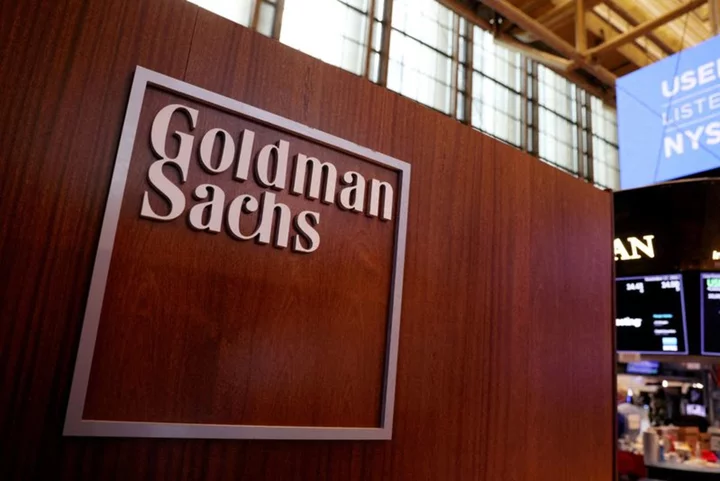By Tatiana Bautzer
NEW YORK Asset management executives and investment bankers working on mergers and acquisitions or equity deals are expected to see the largest declines in bonuses this year, compensation consultants Johnson Associates said in a report on Tuesday.
Asset management firms are expected to cut executive compensation 5% to 10% as clients drop higher-fee products and swap out of active equity funds for passive or fixed income. Bonuses for investment bankers dealing with M&A or equity offerings will shrink 10% to 20%, the report said.
"This will be a confusing year in compensation," said Alan Johnson, president of the consultancy whose report is closely watched in financial circles. High interest rates, economic uncertainty, bank collapses and uneven performance across sectors will create different compensation scenarios, he noted.
Within investment banking, debt capital markets bankers are expected to get bonus increases of 5% to 10% with the rebound in corporate debt sales, the report said. Fixed income traders' compensation will rise 10% to 15%.
Compensation for private equity and hedge funds is expected to be unchanged from 2022. Although venture capital deals and initial public offerings have dried up, this has been partially offset by a pickup in private credit and infrastructure investments.
The banking turmoil sparked by the failures of Silicon Valley Bank, Signature Bank and First Republic Bank has sharply divided the outlook for compensation. Bankers in large commercial banks are expected to get 10% to 20% more in bonuses, whereas executives in mid-sized banks will see 10% to 20% less compensation, the report said.
(Reporting by Tatiana Bautzer; Editing by Richard Chang)









